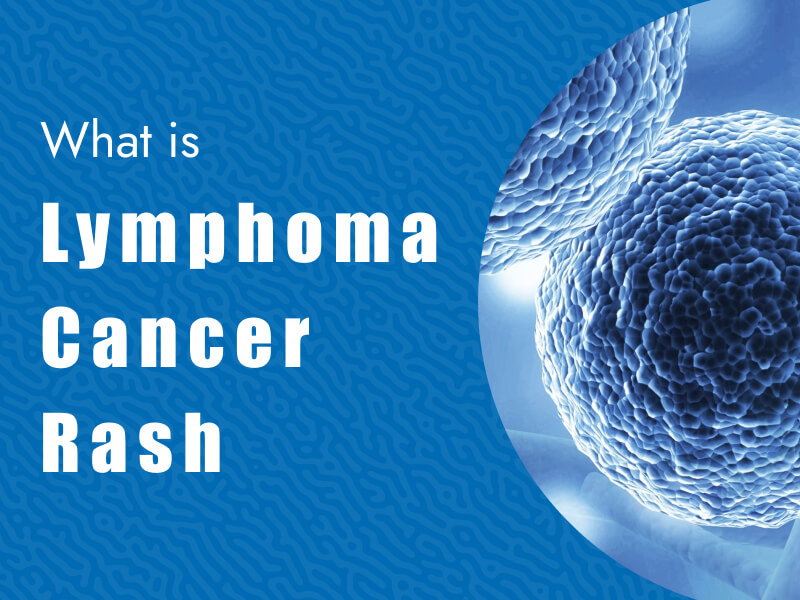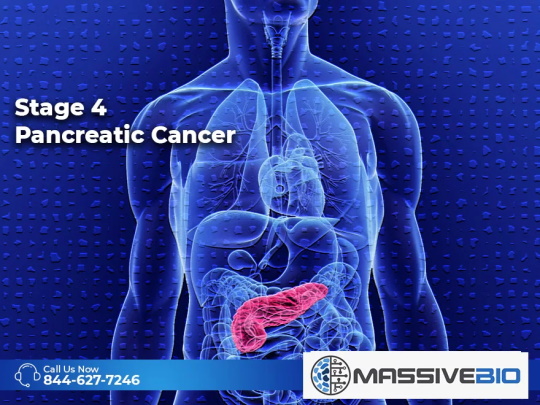What is tonsil cancer?
Tonsil cancer occurs when tonsil cells begin to grow uncontrollably and form a malignant tumor. Doctors may call this form of cancer tonsil carcinoma. Tonsils are the two pieces of flesh on either side of the back of the throat. The tonsils contain white blood cells, which help fight infections. At one time, tonsillectomy—surgical removal of the tonsils—was a common operation in children who had frequent infections in these tissues. Other treatments are available today, though the procedure is still performed occasionally, including for treatment of sleep-related breathing disorders, as well as for some cases of tonsil cancer.
What is the first sign of tonsil cancer?
One of the first signs a doctor will look for in diagnosing tonsil cancer is enlargement of one tonsil. (If both tonsils are enlarged, cancer is less likely to be the cause.) Other signs and symptoms of tonsil cancer include:
- Chronic sore throat
- Hoarse voice
- A lump in the neck or throat
- Pain or difficulty when swallowing
- Blood in the saliva
- Bad breath
- Pain in the ear or jaw
How common is tonsil cancer?
Tonsil cancer is the most common form of oropharyngeal cancer, which affects the mouth and throat and represented 2.8% of all cancers diagnosed in the United States in 2022. The National Cancer Institute estimates that about 54,000 Americans were diagnosed with oropharyngeal cancer in 2022; slightly less than one quarter of all these cancers occur in the tonsils. Population studies indicate that tonsil cancer is becoming more common in the United States and some other countries. This increase is attributed to cases of tonsil cancer that are associated with infection with the human papilloma virus (HPV; see below). While tonsil cancer was once associated primarily with certain lifestyle choices, in many parts of the world, HPV infection is now the primary cause. For instance, in Western Europe, 93% of tonsil cancer cases are linked to HPV infections, according to one study.
Does tonsil cancer spread quickly?
Tonsil cancer is often diagnosed at an advanced stage. Cancer that has reached advanced stages tends to spread aggressively. For this reason, seeing your doctor at the earliest sign or symptom of tonsil cancer is essential.
What causes tonsil cancer?
Doctors have identified several risk factors that make a person more likely to develop tonsil cancer. They include:
- Prior infection with HPV, a common sexually transmitted disease.
- Smoking and other forms of tobacco use
- Heavy consumption of alcohol
Having the HPV infection does not guarantee that you will develop tonsil cancer, but you should speak to your doctor about screening for this and other forms of cancer. Likewise, smoking and heavy consumption of alcohol will not necessarily cause tonsil cancer, but both are unhealthy habits—and curbing both of them will have other significant and long-lasting benefits in terms of lowering your risk for many other diseases.
Is tonsil cancer curable?
Many patients with tonsil cancer respond well to treatment. In cancer, doctors use the five-year survival rate to estimate a patient’s prognosis. Among patients with tonsil cancer, those who are positive for HPV have a 71% five-year survival rate, meaning that 71 out 100 patients will be alive five years after diagnosis, according to one study. For patients whose tonsil cancer is not related to HPV, the five-year survival rate is lower, 46%. A patient with tonsil cancer is also more likely to be cured by treatment if he or she:
- Does not smoke
- Is relatively young
- Had a small tumor
- Did not have cancer that spread to lymph nodes
- Does not have other significant health problems
- Had a positive test for the presence of tumor-invading lymphocytes, which kill tumor cells
Are tonsil stones a sign of cancer?
Tonsil stones are not a sign of cancer. A tonsil stone is a small lump that can form on a tonsil. They’re called “stones” because they feel firm and, in some cases, may be painful. Also called tonsilloliths, these formations are made of bacteria and food debris that get caught in the tonsils. While they can produce bad breath, tonsil stones do not cause cancer. Tonsil stones can often be removed with a water pick or swab, or by gargling. If they persist, a doctor may recommend a tonsillectomy (removal of the tonsils).
How is tonsil cancer diagnosed?
A doctor will begin by closely examining the tonsils, as well as the throat, neck, and other tissues. In some cases, a doctor may be able to see a lesion, or cancerous formation, on a tonsil. To confirm the diagnosis, the doctor will remove a small piece of tissue from the lesion, using either a scalpel or a fine needle (known as aspiration). This tissue is then sent to a lab, which will test it for the presence of cancer cells. Doctors also use imaging tests to determine where the cancer is and whether it has spread, such as computed tomography (CT) scans, magnetic resonance imaging (MRI) scans, and positron-emission tomography (PET) scans. Your doctor may also order blood tests as part of diagnosis of tonsil cancer.
How is tonsil cancer treated?
Doctors take a number of factors into consideration when planning a treatment regimen for tonsil cancer, including the patient’s age and overall health, the stage of the cancer, whether it has spread, and whether the cancer is related to HPV.
- Surgery: Early-stage tonsil cancer is usually treated with surgery. At many hospitals, new technology called transoral robotic surgery is used, which is associated with shorter hospital stays and improved post-surgical swallowing. During surgery, lymph nodes in the neck may also be removed to determine if cancer has migrated from the tonsils.
- Radiation therapy: This common cancer treatment uses beams of high energy to kill malignant cells. Radiation may be used before surgery to shrink the tumor or after to kill any remaining cancer cells.
- Chemotherapy: Another common cancer treatment, chemotherapy is the use of various drugs that directly attack and kill cancer cells. Chemotherapy is often combined with radiation for treatment of tonsil cancer.
Sources: Cleveland Clinic, Mayo Clinic, Memorial Sloan Kettering Cancer Center, StatPearls (National Library of Medicine)












